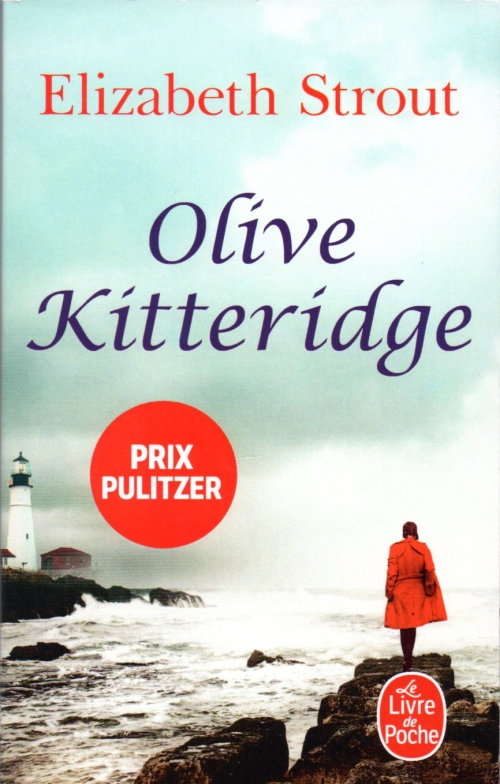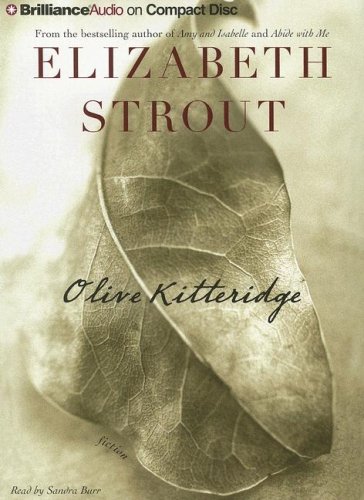
At 74, Jack wonders, "How does one live an honest life?" He's jerked out of his miserable memories by a traffic cop who pulls him over for speeding - a situation that quickly escalates into a power play with class overtones.Īlong with loneliness, class divides and snobbery are again at the forefront of Strout's concerns.


He rues his reprehensible behavior toward his lesbian daughter, his wife's coldness, (which he sees in a new light after a disturbing email from her old boyfriend), and the surprising harassment lawsuit that forced his early retirement. He replays his disappointments and feels that perhaps he deserves it all. Three weeks into their upsetting impasse, Jack heads to Portland in his snazzy red convertible for a drink. We re-meet Jack first, a clever move which initially enables us to catch up with Olive from afar. When Olive, Again opens, their promising connection has been lost, like a dropped call. Her opinion changed after she found Jack collapsed on a riverside path, and Olive learned that he, too, was lonely following the recent death of his wife, and that he, too, regretted his alienation from his only child.īook Reviews 'Anything Is Possible' Is Unafraid To Be Gentle The new novel starts shortly after Olive Kitteridge ended, when her ornery title character, lonely after the death of her husband Henry, struck up an unlikely friendship with Jack Kennison, a Harvard professor whom she and Henry had dismissed as one of those entitled, arrogant retirees from out-of-state. A master of the story cycle form which Sherwood Anderson put his stamp on with Winesburg, Ohio, Strout has at this point pretty much out-Winesburged him with her cumulative, time-lapse portrait of the people of Crosby, Maine. In book after book, from Amy and Isabelle to Anything is Possible, she's plumbed the heartaches and headaches of her characters, capturing their regrets, their moments of grace, and their flawed humanity with clear-eyed compassion. Well, that Elizabeth Strout! She continues to amaze (if no longer surprise) me.

Explaining the genesis of her sequel, Strout has written, "That Olive! She continues to surprise me, continues to enrage me, continues to sadden me, and continues to make me love her." Like a base coat of paint, it adds depth and helps the finish colors pop. You don't have to have read Olive Kitteridge to appreciate Olive, Again, but you'll probably want to. Ten years after Elizabeth Strout won a Pulitzer Prize for her eponymous collection of linked stories about Olive Kitteridge, a difficult but endearing, retired but not retiring middle school math teacher, she returns to coastal Maine with an update - which is just as wonderful as the original. Your purchase helps support NPR programming. Close overlay Buy Featured Book Title Olive, Again Author Elizabeth Strout


 0 kommentar(er)
0 kommentar(er)
